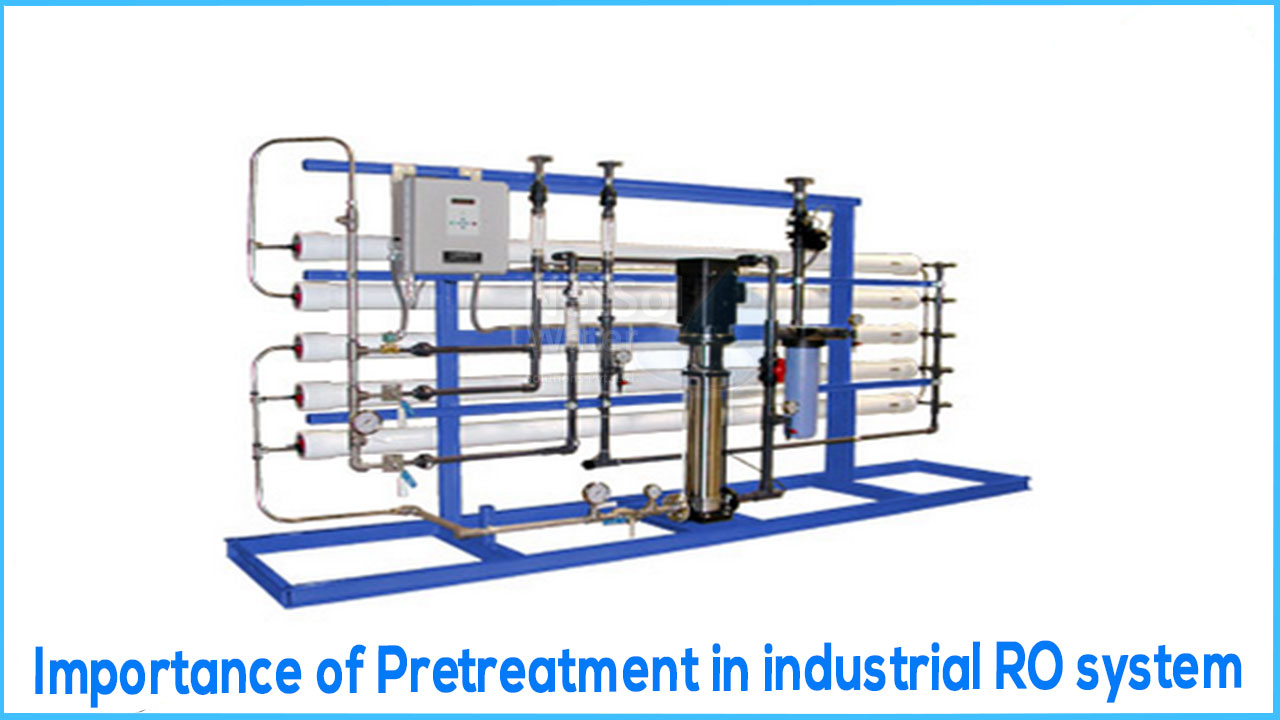In both the public and private sectors, reverse osmosis (RO) is now one of the most widely used water purification methods. RO plants Manufacturers provide both large and small municipalities, and RO plants are also widely used in the commercial sector, such as in the food and beverage industry. Given their importance in the commercial sector and in maintaining public health, we must guarantee that they run smoothly. The failure of a unit, unlike other production processes, is not a simple hitch. Such mismanagement can be disastrous given its importance in public health. For millions who rely on such plants for clean water, this may mean days of untreated water, which many experts consider dangerous.
Here are some of the effects!
1-Drinking water isn't always available: Water sources can be much polluted, even to toxic levels. Municipal RO plants play a critical role in ensuring that drinking water meets a minimal standard in both urban and rural areas.
2-Loss of self-sufficiency: Many small communities, such as apartment complexes, now have their own RO plants. This is frequently required in overcrowded cities where municipal water supplies are visibly insufficient. A superfluous RO plant would result in a loss of supply for these localities.
3-Commercial loss: The stalling of the RO plant has direct financial ramifications for commercial operations. It means that production will not be able to continue as planned, which will have an impact on both production and income. This has an impact on the company's reputation.
On the other hand, pre-treatment can have the following benefit:
-Increasing the RO Plant's Life:
Many plant owners and operators still believe that routine maintenance is enough to keep their plants running properly. Manufacturers of RO plants, on the other hand, advocate a proper pre-treatment mechanism. We frequently deal with highly dirty water that necessitates special attention before to use. The stress on the RO membrane, which is the most valuable and susceptible, is reduced by pre-treatment.
Some of the problems faced by a RO plant in the absence of pre-treatment are:
Fouling: Most RO systems' feedwater is extremely contaminated, with many of the impurities being tiny. These pollutants, albeit not visible, might clog the RO membrane if they are gathered in sufficient quantities. Fouling is the deposit of material on the membrane's surface. This reduces the permeate flow and lowers the pressure. It not only raises running costs, but it also reduces the membrane's lifespan. It's worth noting that fouling is unavoidable because pollutants will accumulate on one side of the membrane. The only benefit of pre-treatment is that it slows down the process.
Scaling: Wherever water gathers, we can all witness some form of scaling. Inorganic matter begins to precipitate on the RO membrane as the concentration of inorganic matter in the water rises. This is what scaling is all about. It reduces permeate flows, decreases pressure, and reduces salt rejection. As a result, the RO operation suffers, and the water quality degrades.
Mechanical faults: Plumbing errors, such as a hard start of the feedwater or back-pressure, might cause some harm. Both of these things have the potential to harm the membrane. This can be remedied by installing variable frequency motors, pressure relief valves, or check valves. Back-pressure can be avoided by using these.
Netsol Water offers from commercial RO palnt manufacturing, complete installation, including pre-treatment tools and equipment, in most circumstances. Filtration devices, softeners, anti-scalants, and activated carbon are examples of this. These devices, which are both simple and inexpensive, can considerably extend the life of the plant.




